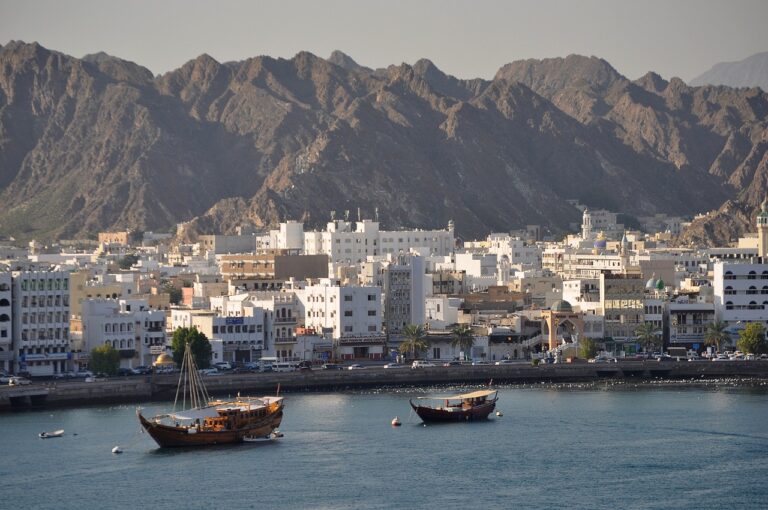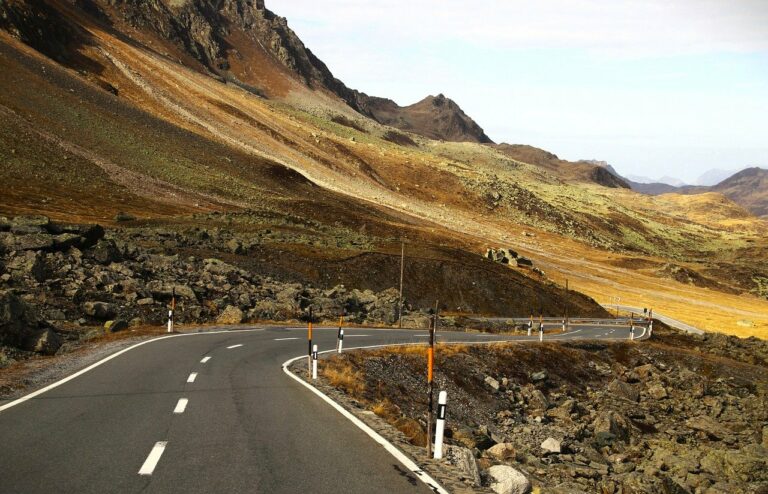The Role of Eco-Resorts in Sustainable Travel
In recent years, there has been a significant shift in the travel industry towards more sustainable and eco-friendly practices. One of the key players in this movement is the rise of eco-resorts. These are accommodations that are designed and operated with the environment in mind, minimizing their impact on the surroundings and maximizing their contribution to local communities.
What is an Eco-Resort?
An eco-resort is a type of accommodation that focuses on sustainability and environmental responsibility. These resorts typically incorporate eco-friendly practices such as wastewater recycling, renewable energy sources, and organic farming. They also tend to be located in natural settings, allowing guests to immerse themselves in the beauty of the environment.
Benefits of Eco-Resorts
There are numerous benefits to staying at an eco-resort. For one, you can enjoy a guilt-free vacation knowing that your stay is not harming the environment. Eco-resorts also offer unique experiences, such as wildlife sighting, hiking, and stargazing, that you may not find elsewhere. Additionally, these resorts often support local communities through job creation and revenue generation.
How Eco-Resorts Promote Sustainable Travel
By choosing to stay at an eco-resort, you are making a conscious decision to support sustainable travel practices. These resorts serve as models for the hospitality industry, demonstrating that it is possible to provide high-quality accommodations while also being environmentally responsible. They encourage guests to reduce their carbon footprint and educate them on ways to protect the environment.
Popular Eco-Resort Destinations
There are eco-resorts located all around the world, from tropical islands to mountain retreats. Some popular destinations include Costa Rica, Thailand, and Norway. These resorts offer a range of accommodations, from luxury villas to rustic cabins, ensuring that there is something for every type of traveler.
Challenges Faced by Eco-Resorts
While eco-resorts have many benefits, they also face challenges in their operations. One of the main challenges is the higher upfront costs of implementing sustainable practices. It can be expensive to install solar panels, build wastewater treatment systems, and source local organic produce. Additionally, eco-resorts may struggle to attract guests who are not familiar with or interested in sustainable travel.
The Future of Eco-Resorts
Despite these challenges, the future looks bright for eco-resorts. As more travelers become aware of the environmental impact of their trips, there is a growing demand for sustainable accommodations. Governments and industry organizations are also providing support for eco-friendly initiatives, making it easier for resorts to implement green practices. Overall, eco-resorts play a vital role in promoting sustainable travel and protecting our planet for future generations.
FAQs
What makes an accommodation an eco-resort?
An eco-resort is defined by its commitment to sustainability and environmental responsibility. This can include using renewable energy sources, reducing water consumption, and supporting local communities.
Are eco-resorts more expensive than traditional resorts?
While eco-resorts may have higher upfront costs due to their sustainable practices, they can be cost-effective in the long run. Many eco-resorts offer competitive pricing and package deals to attract guests.
How can I find eco-resorts to stay at?
You can research eco-resorts online through websites that specialize in sustainable travel. Look for certifications such as LEED or EarthCheck to ensure that the resort meets environmental standards.





